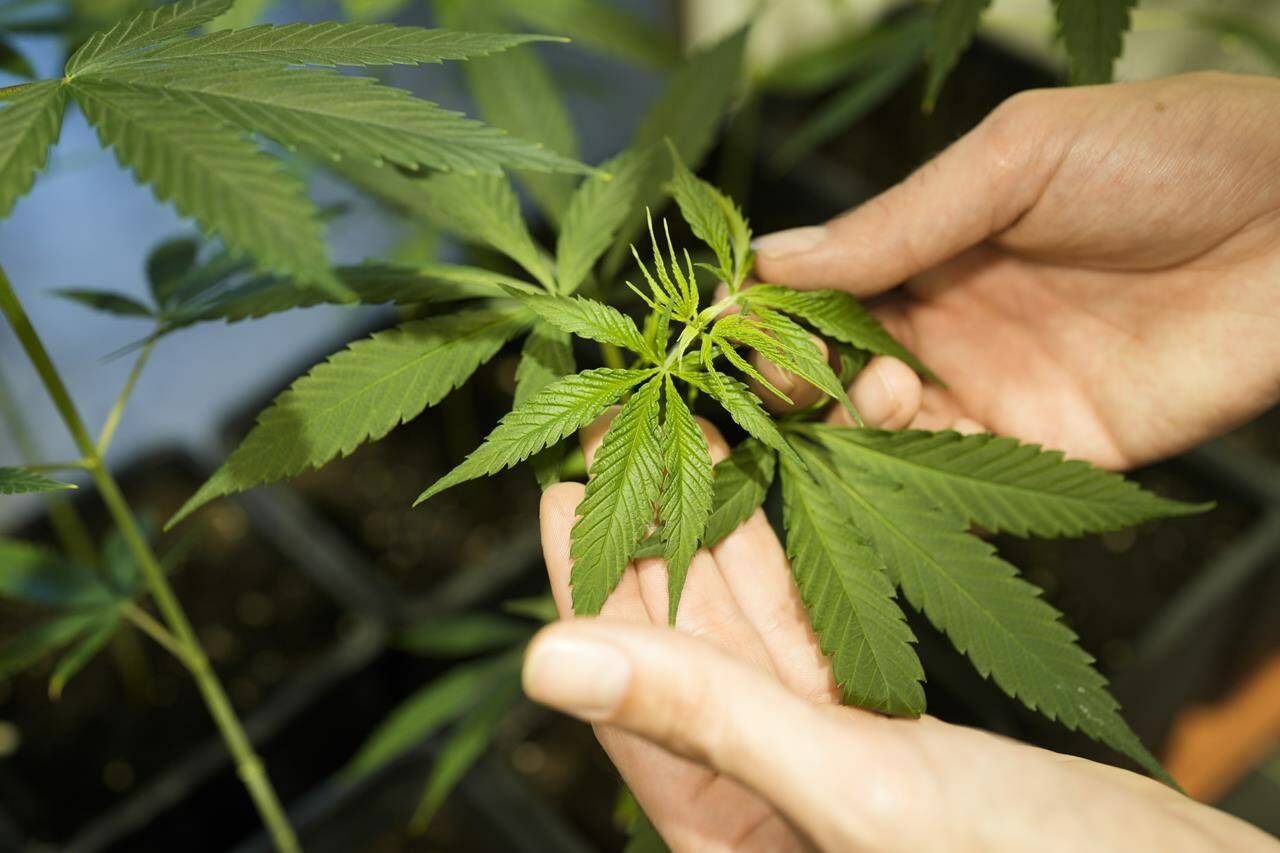The German government’s plan to liberalize rules on cannabis cleared its final parliamentary hurdle Friday, paving the way for the possession of limited amounts of marijuana to be decriminalized on April 1.
In a second step, “cannabis clubs” that will be allowed to grow the substance for members’ personal use will be permitted to start work on July 1.
The legislation, a prominent reform project of Chancellor Olaf Scholz’s government, was approved by parliament’s lower house last month. But its fate in the upper house, which represents Germany’s 16 state governments and where Scholz’s socially liberal coalition lacks a majority, was unclear.
The upper house could have delayed it by sending it to a committee that mediates disputes between the two houses, a move that backers feared would give the center-right opposition an opportunity to stop the project altogether. But opponents of the plan failed to muster a majority to call on the committee.
The bill foresees legalizing possession by adults of up to 25 grams (nearly 1 ounce) of marijuana for recreational purposes and allowing individuals to grow up to three plants on their own. That part of the legislation will take effect on April 1.
German residents age 18 and older will be allowed to join nonprofit “cannabis clubs” with a maximum 500 members each starting July 1.
Individuals will be allowed to buy up to 25 grams per day, or a maximum 50 grams per month — a figure limited to 30 grams for under-21s. Membership in multiple clubs won’t be allowed. The clubs’ costs will be covered by membership fees, which are to be staggered according to how much marijuana members use.
READ MORE: Nevada issues first license to recreational cannabis lounge in Las Vegas
The legislation also calls for an amnesty under which sentences already imposed for cannabis-related offenses that will no longer be illegal are to be reviewed and in many cases reversed. Regional authorities worry that the judicial system will be overburdened by thousands of cases.
Opposition leader Friedrich Merz vowed in an interview with the Funke newspaper group ahead of Friday’s vote that his party would reverse the legislation if it wins national elections expected in the fall of 2025.
– The Associated Press
To get the week’s latest must-read stories from the cannabis world direct to your inbox, sign up for our weekly newsletter at canadianevergreen.com. You can also follow us on Facebook, Instagram and Twitter.

